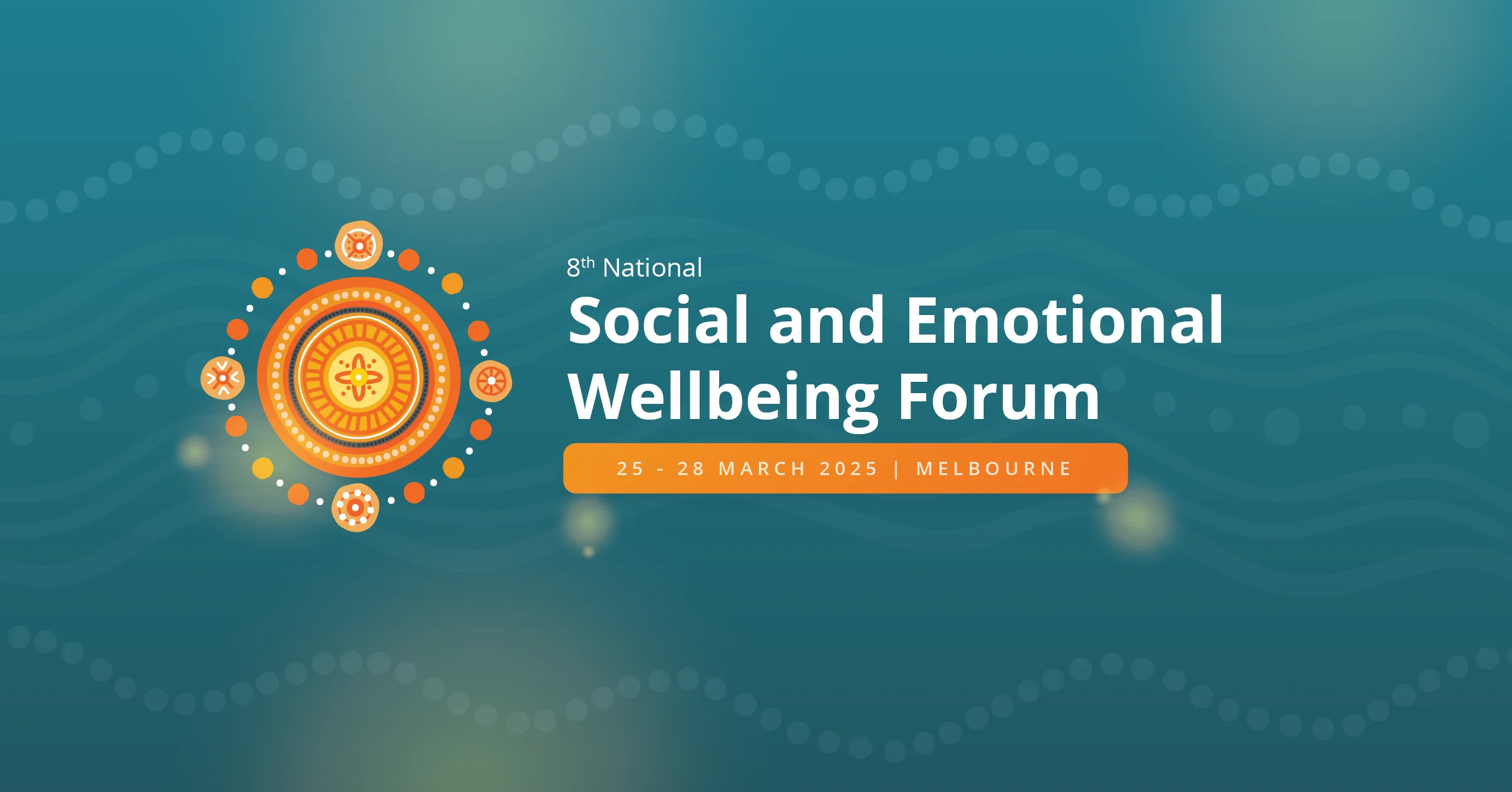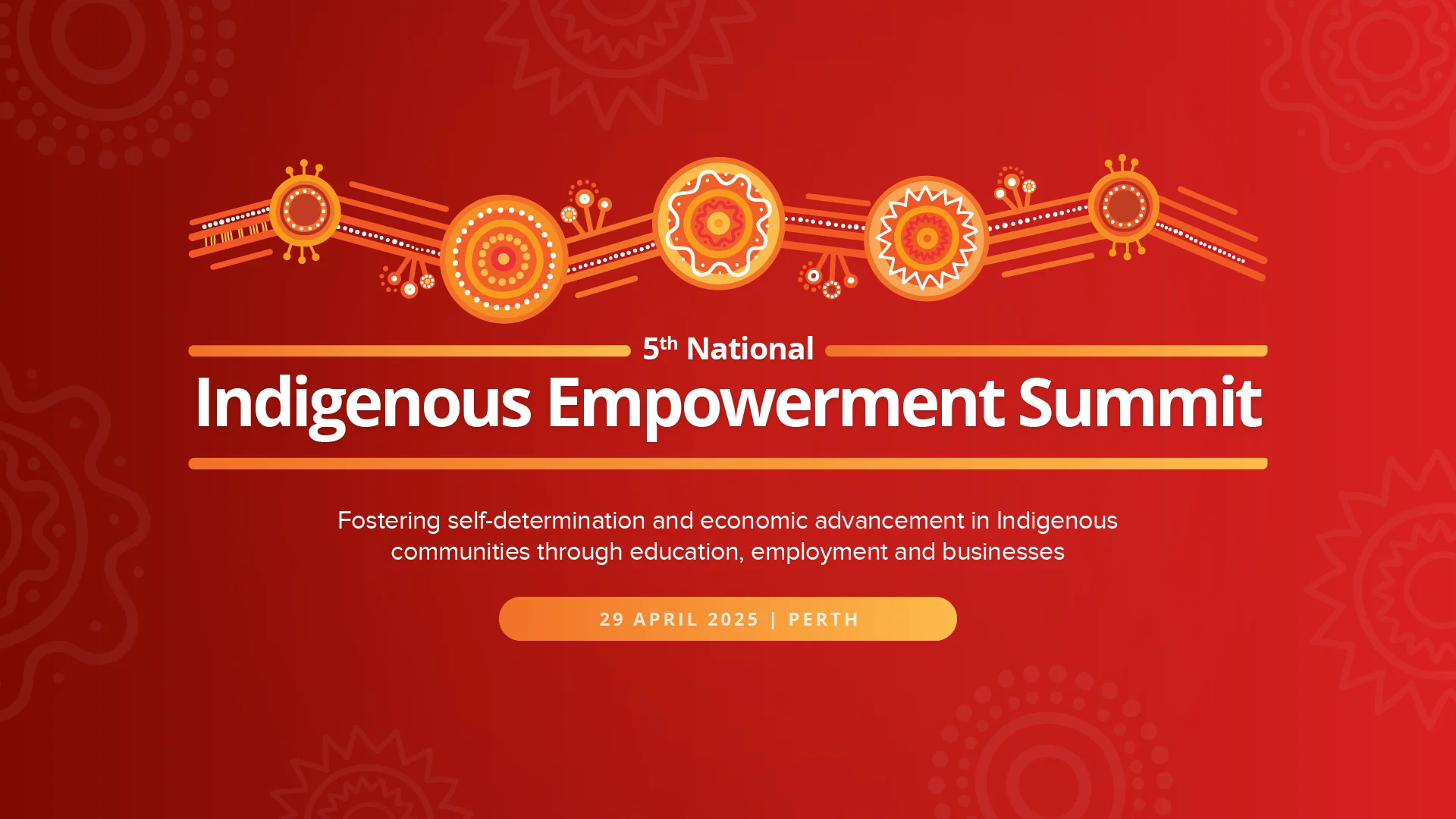Beaumont People has commissioned a unique research project to identify what constitutes meaningful work in Australia
Nikki Beaumont, CEO of Beaumont People said people talked about the need for meaningful work and its importance, but nothing existed that identified its main components.
“For the first time in Australia, we will be able to detail what makes meaningful work for people – is it flexibility, work culture, a sense of purpose, salary, security, ethics or a sense of fun?” Beaumont said.
The research, to be conducted by Dr Elizabeth Shoesmith and Dr Jill Rathborne, will involve over 500 individuals and organisations, and establish the most meaningful components of work on a ratings scale.
Beaumont People are calling on people to get involved and contribute to shaping the future of work in Australia by taking part in the country’s first Meaningful Work Survey.
A cross-section of all Australian sectors and industries are being targeted, investigating how age, gender and even location affects how Australians define their desired work and workplace.
“We hope this survey will help both individuals and organisations in their search for more meaningful work, which is the key to increasing job satisfaction and overall wellbeing,” Beaumont said.
A recent US study by Bates College and Gallup shows over 80% of college-educated Americans aspire to have meaningful work, but less than 50% actually attain it. The reason given for this “purpose-gap” is that people do not understand what constitutes meaningful work.
Dr Jill Rathborne said findings from the Australian survey will reveal what individuals value in their workplace, and how organisations are currently supporting employees to facilitate meaningful work.
According to Dr Rathborne, their goal was to take what is known from the academic literature and develop a practical and user-friendly tool that can be used by both individuals and organisations to better understand and measure meaningful work.
“Our new approach will enable direct matching and alignment of meaningful work for considerably improved individual-organisational fit, which is beneficial for everyone,” he said. “We can develop an understanding of what meaningful work could be based on from a theoretical perspective, but to know for sure, we need to capture real experiences and motivators from individuals and organisations.”
Beaumont said the research would help shine a light on the importance of meaningful work for both individuals and organisations.
“If people are in work that is meaningful, then they will be generally more productive and stay in a job longer,” Beaumont said. “Having meaningful work changes lives, it impacts a person’s mental health and their emotional and physical health. It is imperative we understand what that means for most people and how we can integrate those factors into all workplaces.”












